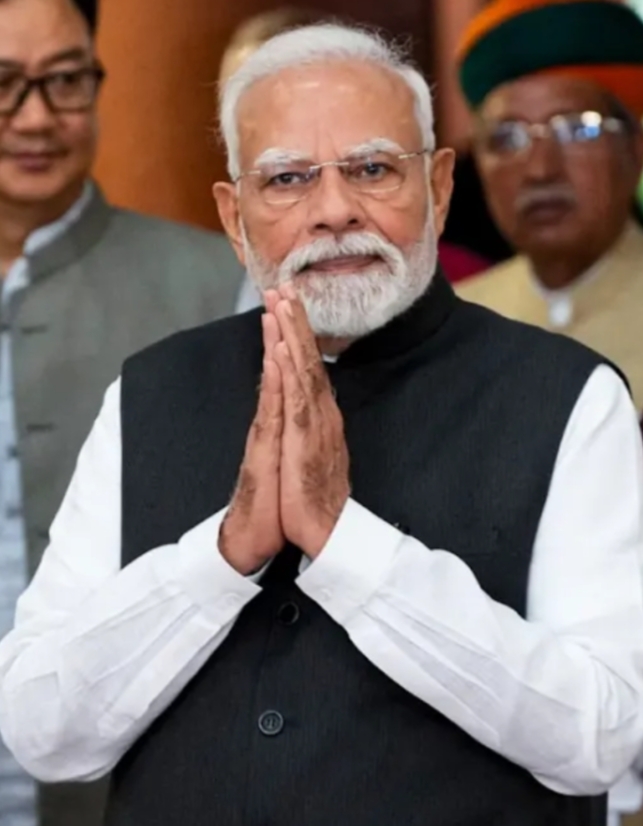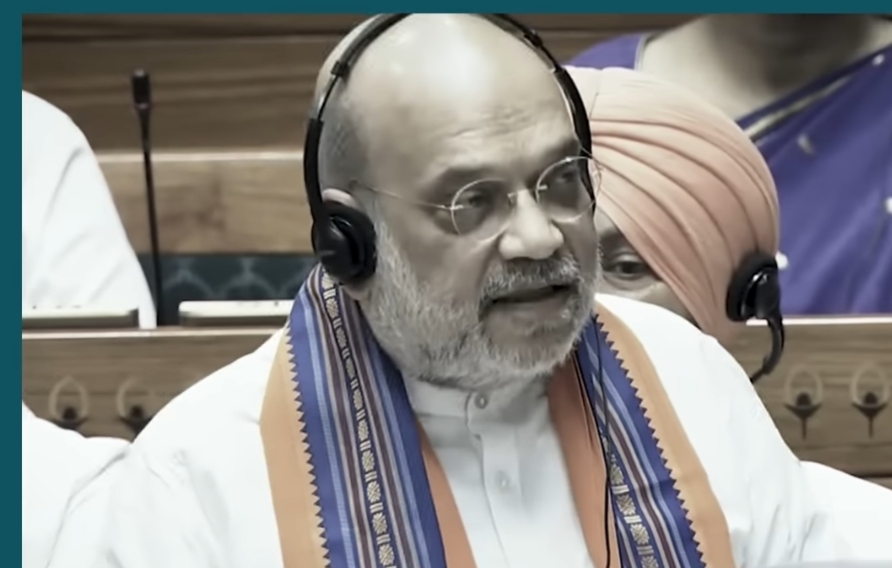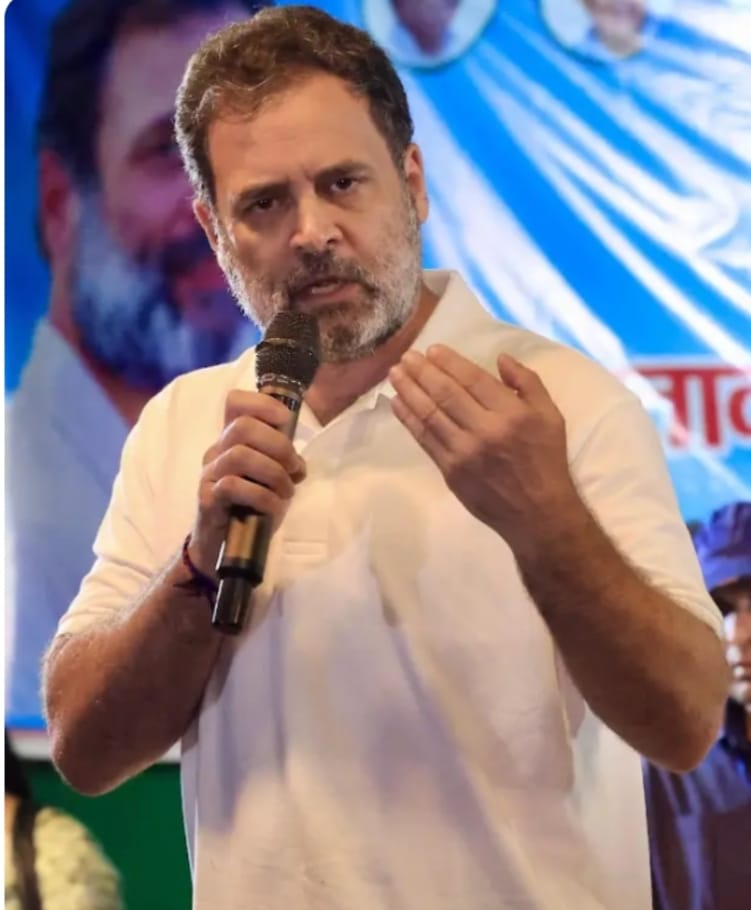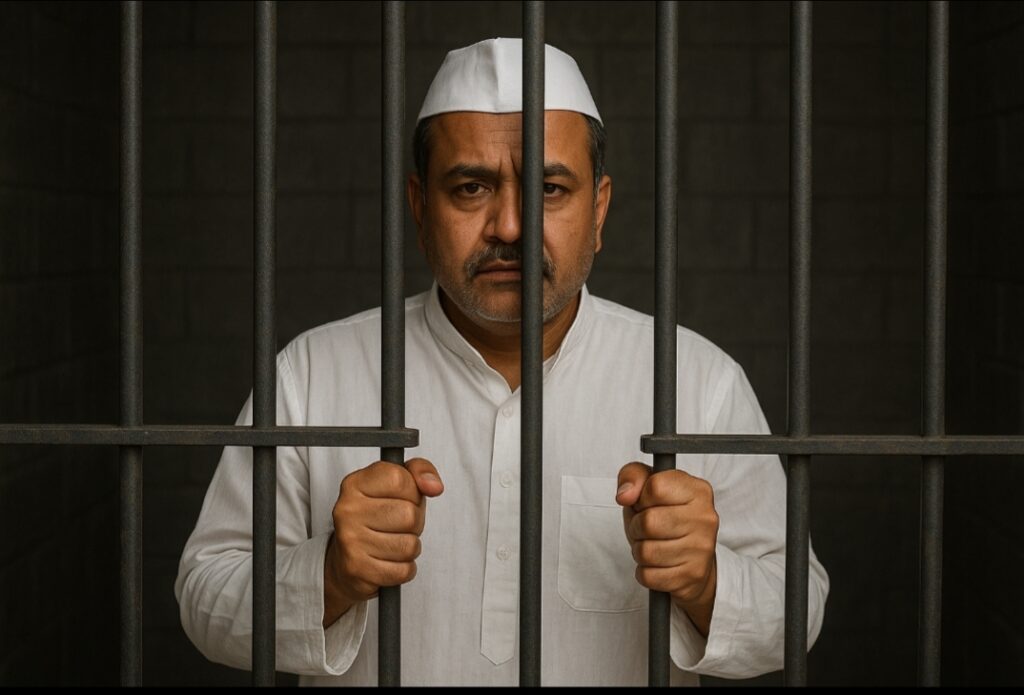


LOKPAL FORGOTTEN, POLITICAL OPTICS DRIVE MODI’S ANTI-GRAFT BILLS
NEW DELHI: By introducing three new bills in Parliament on Wednesday, the Modi government sought to project itself as being at the forefront of the fight against corruption. Yet, its conspicuous silence on the issue of the Lokpal Act tells another story. The law, designed to ensure accountability and punishment for misconduct by those holding the highest offices, has been left virtually defunct by the government.
Observers note that despite its existence, the Modi administration has effectively denied the law any real meaning by failing to establish its institutional framework. This inaction contrasts starkly with the promises the Bharatiya Janata Party (BJP) made before coming to power in 2014.
In its manifesto, the party pledged strong action to root out corruption at the highest levels and deliver justice. Instead, the government has relied on bolstering agencies like the Enforcement Directorate (ED), giving it sweeping powers that critics allege are primarily used against political opponents.
The Lokpal and Lokayuktas Act, 2013, was passed during the tenure of Dr. Manmohan Singh’s United Progressive Alliance (UPA) government. It came into force on January 1, 2014, after receiving Presidential assent, with the explicit aim of investigating corruption charges against the Prime Minister, ministers, chief ministers, and senior officials. However, under the leadership of Prime Minister Narendra Modi, little progress was made to operationalize the law.
So many years into power, the government is yet to appoint a Lokpal, citing the absence of a recognized Leader of Opposition in the Lok Sabha as a procedural hurdle. It was only in March 2019, days before the general elections, that Justice Pinaki Chandra Ghose was appointed as the country’s first Lokpal. Beyond that announcement, however, the institution has remained largely invisible, with little public information on its functioning.
Critics recall that when Modi was Chief Minister of Gujarat, his government moved to curtail the powers of the state’s Lokayukta, raising doubts about his commitment to empowering such institutions at the national level.
The current legislative push, they argue, is less about strengthening accountability and more about arming central agencies like the ED and CBI with additional authority.
Analysts say the timing of the three bills introduced in the Lok Sabha on August 20 by Home Minister Amit Shah underscores their political intent. With elections looming in Bihar and growing concerns within the BJP about retaining allies like Chandrababu Naidu, the new measures appear crafted more to send political signals than to address structural corruption.
The truth, many argue, is that the government’s focus lies not in fulfilling its promises of systemic reform but in using legislative theatrics to win elections and manage allies.
[Writer is a Senior Journalist and Political Commentator]

symbolic pic





